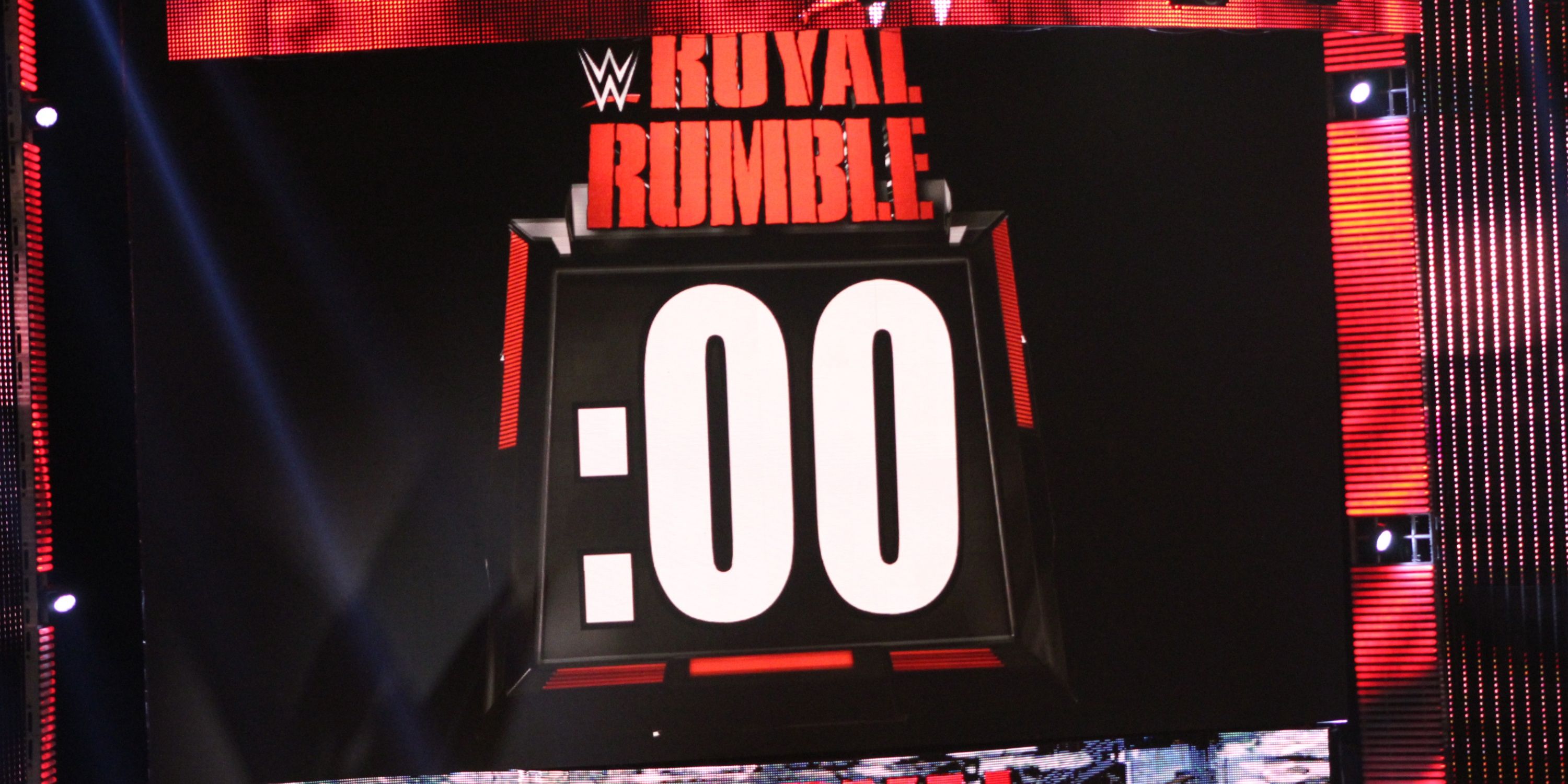Data-Driven Approaches to Fairness at Work Address Diversity Challenges

At a time when diversity, equity and inclusion programmes are under fire, Harvard-based gender equality experts Iris Bohnet and Siri Chilazi offer a wealth of practical, evidence-based approaches to help ensure fairness at work. If DEI is "ripe for a rethink", as both the authors and recent energy-sapping culture wars suggest, "fairness" might be an acceptable replacement term. "Very few people are against fairness", even if "we don't all agree on what it entails".
Bohnet and Chilazi's definition is: "True equal access and opportunity to thrive." Their data-driven paths to fairness include clever behavioural tricks and more ambitious organisational programmes. In the first category comes a workaround for CV gaps that trip up those candidates, often women, who have taken career breaks. A study shows that simply listing work experience by years worked, without dates, increases the likelihood of interview by 15 per cent. In the latter category is a strong call for paid, gender-neutral, non-transferable parental leave. All ideas are underpinned by abundant references to their own and others' research.
Bohnet's first book, What Works, made the final of the FT's 2016 business book award with its simple, behavioural science-based alternatives to ineffective diversity training programmes. Make Work Fair is a timely guide to the latest research, aimed, the authors write, at "the activist working to advance DEI -- as well as the activist working to limit DEI".





















